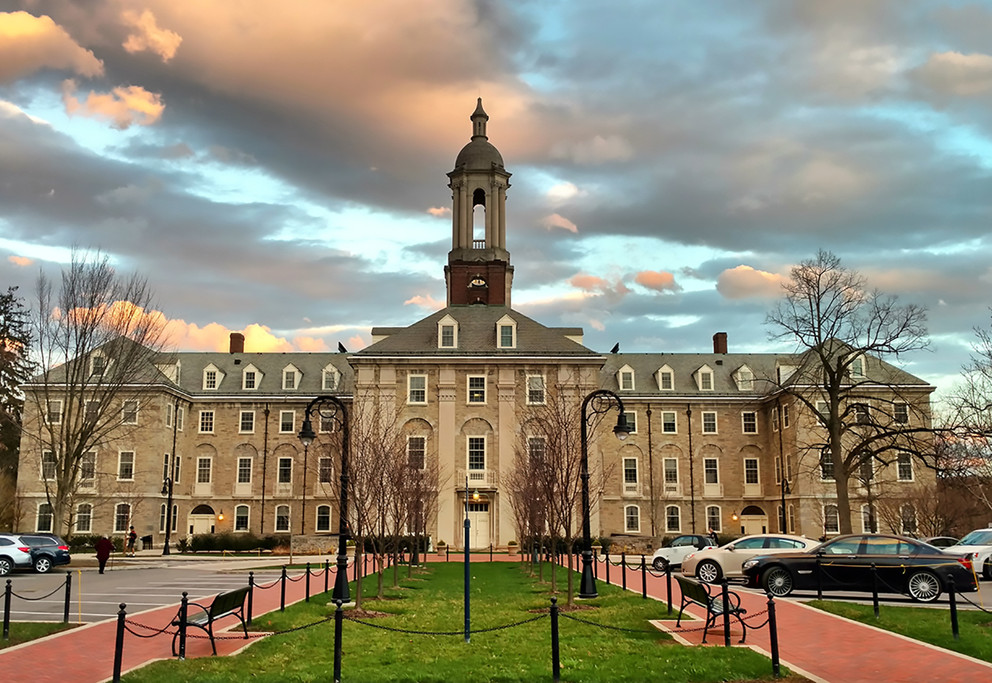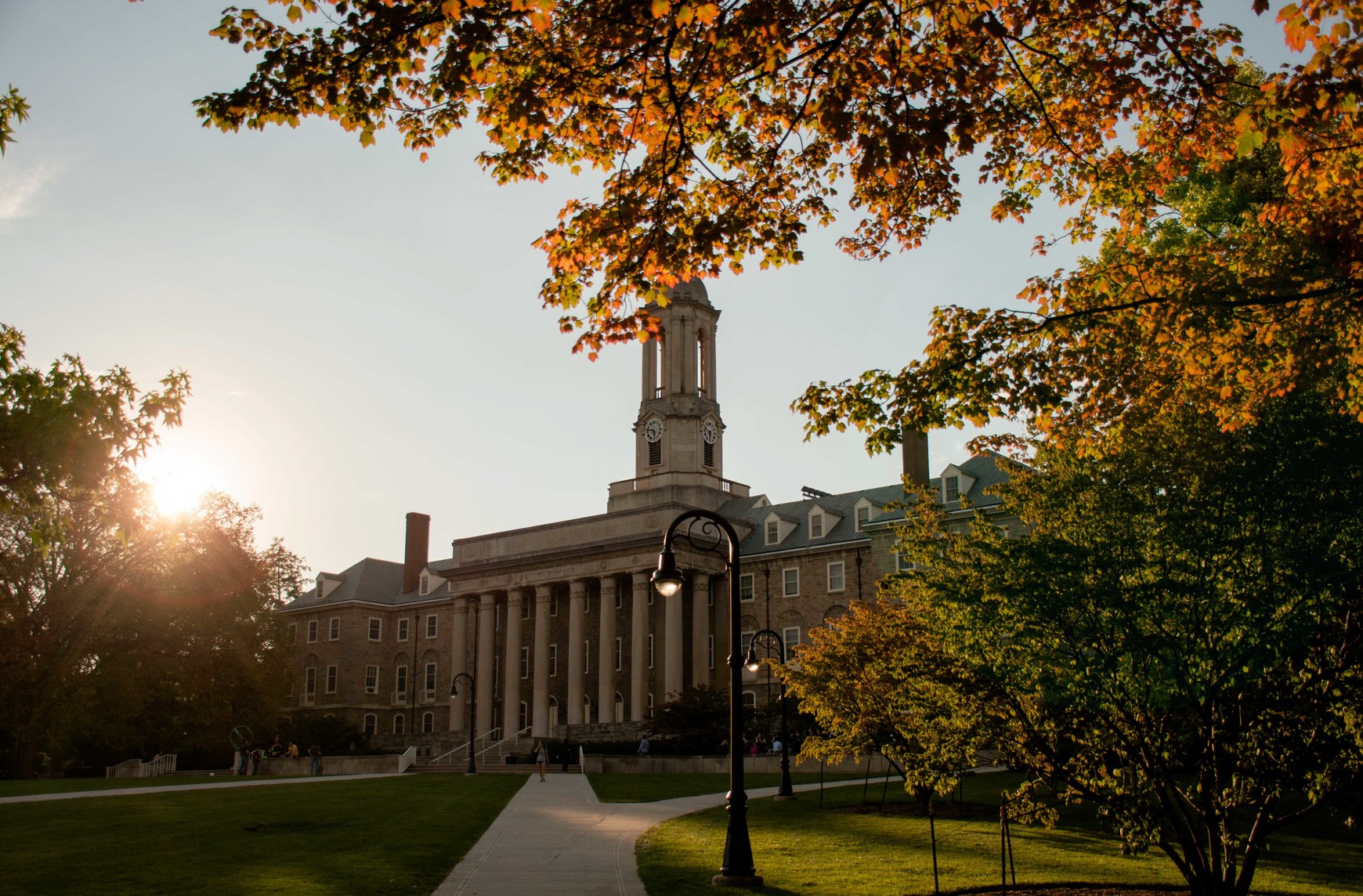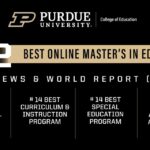Pennsylvania State University University Park ranking consistently features among the nation’s and world’s best universities. This ranking reflects not only the institution’s academic excellence but also its robust research capabilities, diverse student body, and extensive resources. Understanding Penn State’s position within the higher education landscape requires examining various factors, from subject-specific program rankings to the overall quality of its faculty and research output. This exploration delves into the nuances of these rankings, providing a comprehensive overview for prospective students and anyone interested in the university’s standing.
We will analyze Penn State’s performance across multiple ranking systems, highlighting its strengths and areas for potential improvement. The discussion will cover various aspects, including the university’s historical ranking trends, its top-ranked academic programs, its research contributions, student life, admission processes, and career services. By examining these factors, we aim to provide a well-rounded perspective on Penn State’s overall standing and reputation within the higher education community.
Subject-Specific Rankings: Pennsylvania State University University Park Ranking

Penn State University Park boasts a strong reputation across numerous academic disciplines, consistently achieving high rankings in various subject-specific evaluations. These rankings reflect the quality of its faculty, research opportunities, and overall academic environment. A deeper dive into these subject-specific rankings reveals the strengths and unique aspects of particular programs.
Top-Ranked Academic Programs at Penn State University Park
Penn State’s high standing is supported by several exceptionally ranked programs. The following table highlights some of these, focusing on their distinguishing features and notable faculty. Note that rankings can fluctuate slightly depending on the ranking organization and year of publication. This table presents a snapshot based on recent reputable rankings.
| Program Name | Ranking (Illustrative Example – Check current rankings) | Notable Faculty | Unique Program Aspects |
|---|---|---|---|
| Materials Science and Engineering | Top 10 (US News & World Report) | Professor X (expert in nanomaterials), Professor Y (renowned for work in polymer science) | Strong emphasis on interdisciplinary research, state-of-the-art facilities, close collaboration with industry partners. |
| Nuclear Engineering | Top 15 (US News & World Report) | Professor A (leading expert in reactor safety), Professor B (known for contributions to nuclear fusion research) | Access to the Breazeale Nuclear Reactor, strong ties to national laboratories, focus on both fundamental and applied research. |
| Aerospace Engineering | Top 25 (US News & World Report) | Professor C (expert in aerodynamics), Professor D (known for work in propulsion systems) | Extensive wind tunnel facilities, opportunities for hands-on design projects, strong industry connections for internships and job placement. |
| Supply Chain and Information Systems | Top 20 (Various rankings) | Professor E (leading researcher in logistics optimization), Professor F (expert in supply chain analytics) | Emphasis on data analytics and technology in supply chain management, strong industry partnerships and real-world case studies. |
Comparison of Penn State’s Engineering Programs with Other Leading Universities
Penn State’s engineering programs compete favorably with those at other leading institutions like MIT, Stanford, Caltech, and Georgia Tech. While MIT and Stanford might consistently rank higher overall, Penn State excels in specific areas. For example, Penn State’s nuclear engineering program often ranks higher than many other universities due to its unique access to the Breazeale Nuclear Reactor and strong ties to national laboratories. Similarly, Penn State’s materials science program distinguishes itself through its emphasis on interdisciplinary research and industry collaborations, differentiating it from programs that may focus more heavily on theoretical research. Differences also exist in program structure and emphasis; some universities may favor a more theoretical approach, while Penn State might prioritize practical application and hands-on experience.
Factors Contributing to High Program Rankings
The high rankings of specific programs at Penn State University Park are a result of several interconnected factors. These include: the caliber of faculty, often recognized for their research contributions and teaching excellence; access to state-of-the-art research facilities and equipment; strong industry partnerships, providing opportunities for internships, research collaborations, and ultimately, career placement; a focus on experiential learning, incorporating hands-on projects, design challenges, and real-world applications into the curriculum; and a supportive and collaborative learning environment fostering student success. The combination of these elements creates a powerful recipe for academic excellence and high program rankings.
Admission and Financial Aid

Gaining admission to Penn State University Park and securing the necessary financial resources are crucial steps for prospective students. The university’s competitive admission process and diverse financial aid options significantly impact the accessibility and affordability of a Penn State education. Understanding the requirements and available resources is essential for a successful application.
Penn State University Park is a highly selective institution. Admission requirements vary depending on the applicant’s academic background and intended major. Generally, a strong academic record, including high school GPA and standardized test scores (though test scores are currently optional), is necessary. A compelling application, including essays and extracurricular activities, further strengthens the applicant’s profile. The acceptance rate is typically lower than the national average for four-year colleges, reflecting the university’s high demand. Prospective students should thoroughly review the admission requirements on the university’s website to ensure they meet the necessary criteria.
Admission Requirements
Penn State University Park’s admission process considers a holistic range of factors. High school transcripts demonstrating strong academic performance in challenging coursework are paramount. While standardized test scores (SAT or ACT) are optional, submitting them can strengthen an application for some students. The application also requires personal essays showcasing the applicant’s writing skills, experiences, and goals. Extracurricular activities, community involvement, and letters of recommendation provide further insight into the applicant’s character and potential. Meeting the minimum GPA requirements is a prerequisite for consideration, and the strength of the application overall determines admission.
Financial Aid Options
Penn State offers a comprehensive array of financial aid options to support students. These options include scholarships, grants, and loans. Scholarships are merit-based awards recognizing academic achievement, talent, or specific characteristics. Grants are need-based awards that do not require repayment. Loans, on the other hand, require repayment after graduation, with various repayment plans available. Students can apply for federal and state grants and loans through the Free Application for Federal Student Aid (FAFSA). Penn State also offers its own institutional scholarships and grants, which can significantly reduce the cost of tuition and fees.
Applying for Admission and Financial Aid
The application process for admission and financial aid at Penn State University Park is largely online. Prospective students begin by creating an account on the university’s application portal. They then complete the application, providing academic transcripts, test scores (if applicable), essays, and letters of recommendation. Simultaneously, students must complete the FAFSA to determine their eligibility for federal and state financial aid. Once admitted, students will receive a financial aid award letter outlining the types and amounts of aid they have been offered. The university provides comprehensive online resources and support services to guide students through this process. Regular communication with the university’s financial aid office is encouraged to address any questions or concerns.
Location and Surrounding Community
Penn State University Park enjoys a unique location, nestled in the heart of Pennsylvania’s agricultural landscape yet within reasonable proximity to major urban centers. This blend of rural tranquility and convenient access to city amenities significantly shapes the student experience. The campus itself is a self-contained community, offering a wide range of resources and activities, but its relationship with the surrounding area provides additional opportunities for growth and exploration.
The University Park campus is situated in Centre County, a predominantly rural area known for its rolling hills, abundant farmland, and charming small towns. State College, the borough immediately adjacent to the campus, serves as the primary hub for students, offering a vibrant mix of restaurants, shops, and entertainment venues. Major cities like Pittsburgh and Philadelphia are within driving distance, providing accessible weekend getaways and opportunities for internships or career exploration in larger metropolitan areas. The campus is also well-served by public transportation, including a local bus system and convenient access to Amtrak train service in nearby cities.
Proximity to Major Cities and Transportation
University Park’s location offers a balance between the quiet academic environment of a rural setting and the convenience of access to larger urban areas. Pittsburgh, a major industrial and cultural center, is approximately a two-hour drive, offering students opportunities to explore museums, theaters, and sporting events. Philadelphia, a historic city with a rich cultural heritage and a thriving job market, is roughly a three-hour drive. This accessibility allows students to easily participate in events and activities beyond the immediate campus area, broadening their horizons and providing exposure to diverse environments. The local bus system connects the campus to State College, providing easy access to everyday amenities and services. Amtrak service in nearby cities provides a convenient alternative for longer-distance travel.
Community Engagement Opportunities, Pennsylvania state university university park ranking
The relationship between Penn State and the surrounding community is mutually beneficial. Numerous opportunities exist for students to engage with the local area through volunteering and internships. The university actively promotes community service initiatives, connecting students with local non-profit organizations and community projects. These opportunities range from assisting at local food banks and shelters to participating in environmental cleanup efforts. Many students gain valuable experience and build strong relationships with community members through these activities. Furthermore, the presence of the university provides a boost to the local economy, creating jobs and supporting local businesses. Numerous small businesses in State College cater specifically to the student population, fostering a close-knit relationship between the university and the community. Internships within the State College area and surrounding towns provide practical experience for students while simultaneously supporting local businesses and organizations.
In conclusion, Pennsylvania State University University Park’s ranking reflects a multifaceted institution with strengths across various academic disciplines and significant contributions to research and innovation. While numerical rankings provide a useful benchmark, a holistic understanding of the university’s strengths, resources, and overall academic environment is crucial for prospective students and anyone seeking to evaluate its standing within the global higher education landscape. The consistent high ranking reflects a commitment to excellence in teaching, research, and student support, solidifying its position as a leading university.
Pennsylvania State University, University Park, consistently holds a strong position in national university rankings. Its comprehensive programs and research opportunities often draw comparisons with other top institutions, leading many to consider its standing relative to others like Rice University. For a detailed look at Rice’s performance in US News rankings, you can check out this helpful resource: Rice University US News Rankings &.
Ultimately, both universities offer exceptional educational experiences, but their strengths and focuses differ, making direct comparisons complex.
Pennsylvania State University, University Park consistently ranks highly among national universities. Its strong academic programs and research opportunities are well-regarded. For those interested in comparing news and updates from other institutions, you might find the latest information on Monmouth University News Recent Updates insightful. Returning to Penn State, its impressive ranking reflects its commitment to academic excellence and innovation.





